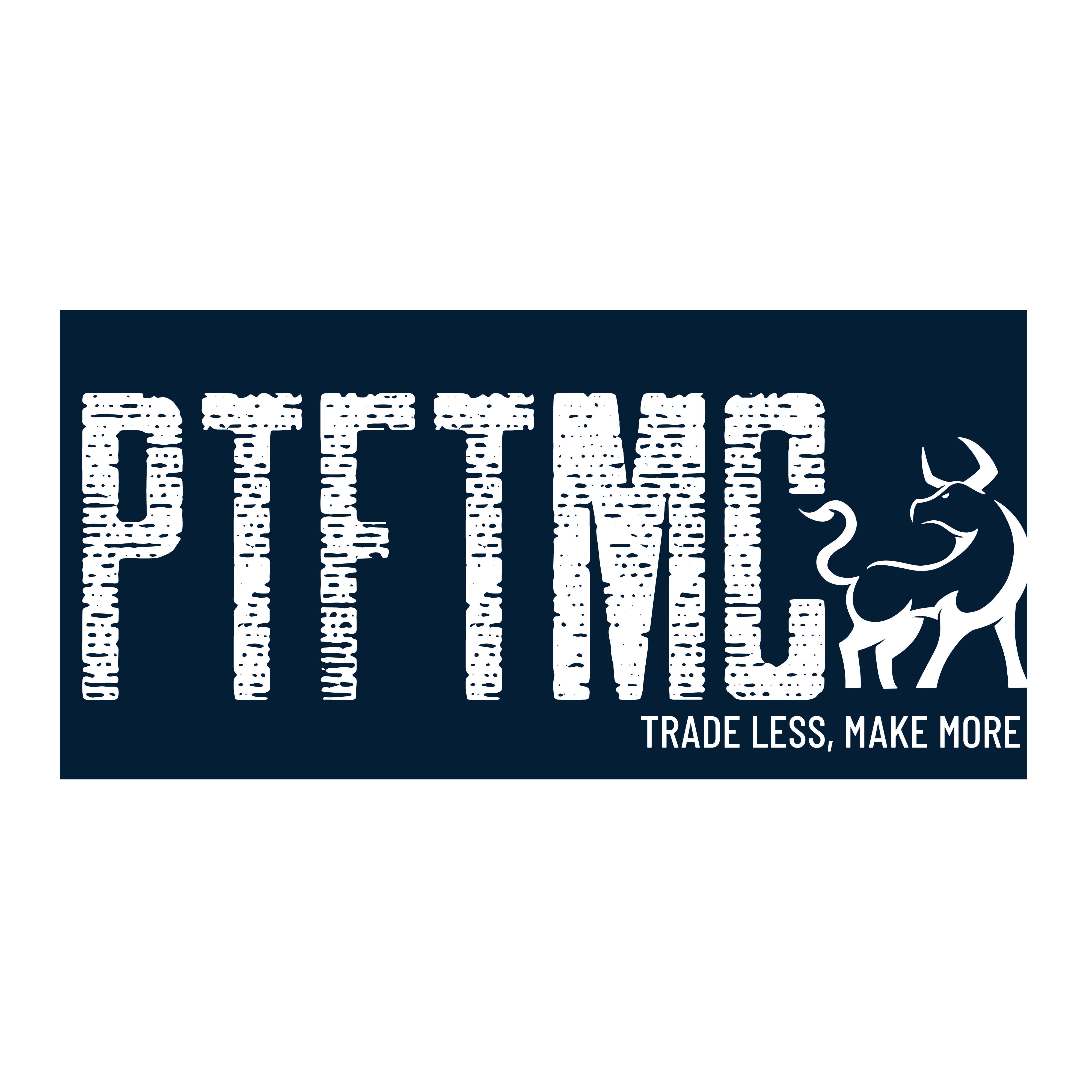The foreign exchange market is one of the most exciting and dynamic financial markets in the world, offering traders the opportunity to make huge profits. However, it is also one of the most risky, and without this no. 1 rule, forex trading can quickly turn into nothing more than a gamble.
Whether you are a seasoned pro or new to the world of forex trading, understanding the importance of this rule is crucial to your success.
I myself is guilty about this, and the number one reason why I burned 3 accounts, why I failed miserably at almost 3 years since I began trading.
To be honest, I failed to recognize this important aspect of trading. I was too focused on the monetary returns, you know “the get-rich-quick-mentality”.
This really humbled me, I’ve made so many costly mistakes but been grateful to those as this help on where am I today.
so what it is? the number 1 rule?
It is RISK MANAGEMENT!
“Risk management is the foundation of a successful forex trading strategy. The difference between a successful forex trader and a losing one is often how well they manage risk.
Risk management in forex trading refers to the strategies and techniques used to minimize the potential losses and maximize the potential gains in the foreign exchange market. This can include setting stop-losses, limiting the amount of money invested in a single trade, diversifying your portfolio, and using tools such as margin to manage risk. It’s the process of identifying, assessing and prioritizing potential risks to an investment and taking steps to mitigate or minimize those risks. By using risk management techniques, traders can protect their capital and make more informed trading decisions.
If a trader fails to properly manage risk, the consequences can be severe. Some of the most serious consequences include:
- Loss of Capital: Without proper risk management, traders are more likely to experience large losses that can deplete their trading account. This can lead to the trader being unable to continue trading, or being forced to deposit more funds to maintain their trading account.
- Margin Call: If a trader is using margin and fails to properly manage risk, it’s possible for the trader to experience a margin call. This occurs when the value of the trader’s account falls below the minimum margin requirement, and the broker will close out the trader’s position to limit their losses.
- Emotional Stress: Failing to manage risk can lead to emotional stress, as traders may constantly be worried about the potential for large losses. This can lead to poor decision making and poor trading performance.
- Lack of Confidence: When traders experience large losses due to poor risk management, it can lead to a lack of confidence in their trading abilities. This can make it difficult for traders to make objective decisions and can lead to further losses or worst case – quit.
- Risk of ruin: Risk of ruin is the probability of losing all the money in your trading account. Without proper risk management, the risk of ruin increases significantly.
so how does anyone can properly manage their risk in Forex Trading?
Forex traders can implement proper risk management by following these steps:
- Set realistic profit and loss targets: Traders should set realistic targets for their profits and losses. This can help them to manage their expectations and avoid over-leveraging their account.
- Use stop-loss orders: Stop-loss orders are an effective way to limit potential losses. Traders can set these orders at a specific price level, and if the market moves against them, their position will be closed automatically at that price level.
- Position sizing: Traders should be aware of the amount of money they are investing in each trade and adjust their position size accordingly. This can help to limit the potential loss from any single trade.
- Diversify the portfolio: Diversifying the portfolio across different currency pairs, markets or even different asset classes can help to spread the risk and minimize the potential impact of any single trade or market movement.
- Use risk-reward ratio: Traders should use risk-reward ratio to evaluate the potential returns of a trade relative to the potential losses. This can help them to make more informed decisions about the trades they take.
- Use of margin: Traders should be aware of the use of margin, and use it responsibly. Margin can be a powerful tool when used correctly, but it can also increase the risk of losses if not used properly.
- Keep a trading journal: Keeping a trading journal can help traders to track their performance, identify patterns, and make more informed decisions about their trades.
- Continuously Monitor and adjust the strategy: risk management is not a one-time process, it requires continuous monitoring and adjustments, as the market conditions are always changing.
Risk management is an essential part of trading, and traders who take it seriously will be better equipped to navigate the volatile foreign exchange market.
In conclusion, with proper risk management can help traders to minimize potential losses and maximize potential gains. It enables traders to make more informed and confident trading decisions, protecting their capital, and ultimately helping them to achieve their financial goals.
Never ever neglect this if you really want to succeed and consistently make money in the markets.
If you like what you are reading, appreciate if you could also share some of your thoughts on the comment section below.
You can follow my FB Page CLICK HERE for more of this…
If you are a beginner and want to start your learning journey.. GO HERE
If you are an experience trader and struggling to create your own profitable trading plan… You can MODEL MINE HERE
Have a great day!
Cheers!


